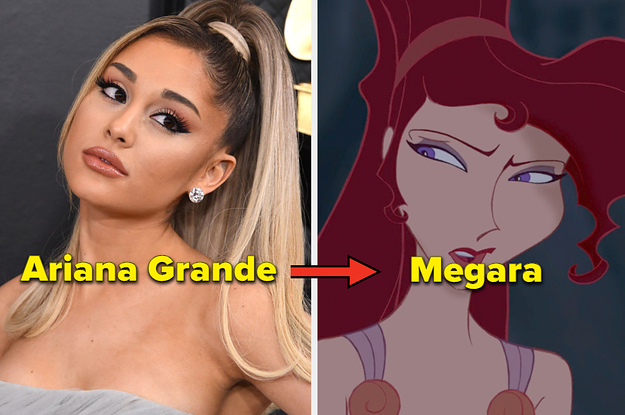A ‘sensitive’ diplomatic cable released by the US has revealed more than £260 million has been secretly spent by Russia to try to influence politicians and other officials in more than two dozen countries.
The US State Department took the unusual step of releasing the cable, signed by Secretary of State Antony Blinken, that was sent on Monday to US embassies and consulates abroad, many of them in Europe, Africa and South Asia, laying out the concerns.
The document was not intended for foreign audiences but was not classified, and contained a series of talking points that US diplomats were instructed to raise with their host governments regarding alleged Russian interference.
It does not name Russia’s specific targets, but says the US is now providing classified information to certain individual countries.
According to the contents, intelligence officials believe Russia planned to transfer “at least hundreds of millions more” dollars in funding to sympathetic parties and officials around the world.
Putin’s meddling
The cable does not say how intelligence officials came up with the total figure or address concerns that Russia or other adversaries may again try to interfere in US politics.
Ukraine war: ‘Full security is being restored,’ President Volodymyr Zelenskyy tells his people
Ukraine may have chance to ‘throw Russians out’, military analyst says
Ukrainian forces retake 6,000sq km of their homeland – and thousands of Russian prisoners of war, reports claim
Steps diplomats were told to recommend include sanctions, travel bans and exposure of covert financing.
Ukrainian President Volodymyr Zelenskyy and his deputies have long accused Russian President Vladimir Putin of meddling in domestic politics.
And a senior official in the US administration told the Associated Press there were allegations of Russian influence in recent elections in Albania, Bosnia and Montenegro – all eastern European countries that have faced historical pressure from Moscow.
Just last week, US President Joe Biden extended a national emergency declaration addressing the continued threat of foreign election interference.
First declared in September 2018, he said it would be extended for another year, covering the elections to the House of Representatives and the Senate taking place in November.
“We’re promoting co-ordination with our democratic peers,” the official said. “And we’ll be exchanging lessons learned, all to advance our collective election security, but also our election security here at home.”
Read more:
Leaked report details Russian ‘cyber espionage’ during 2016 US election campaign
Unlike declared efforts by foreign governments to lobby for preferred initiatives, Russia’s covert influence involved using front organisations to funnel money to preferred causes or politicians, the cable alleges.
That includes think tanks in Europe and state-owned enterprises in Central America, Asia, the Middle East and North Africa.
State Department spokesman Ned Price called Russia’s covert funding an “assault on sovereignty”.
“It is an effort to chip away at the ability of people around the world to choose the governments that they see best fit to represent them, to represent their interests, and to represent their values,” he said.








